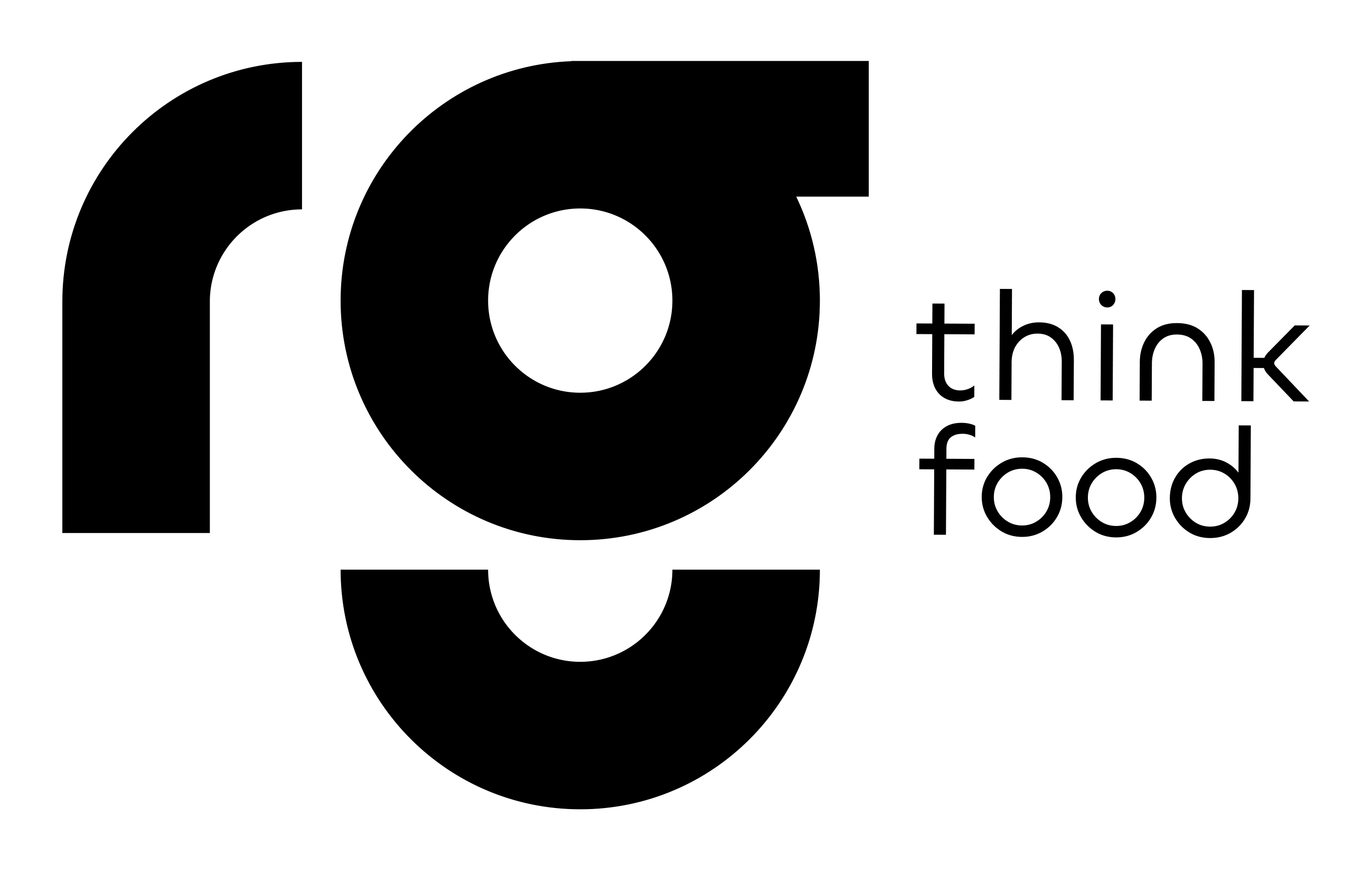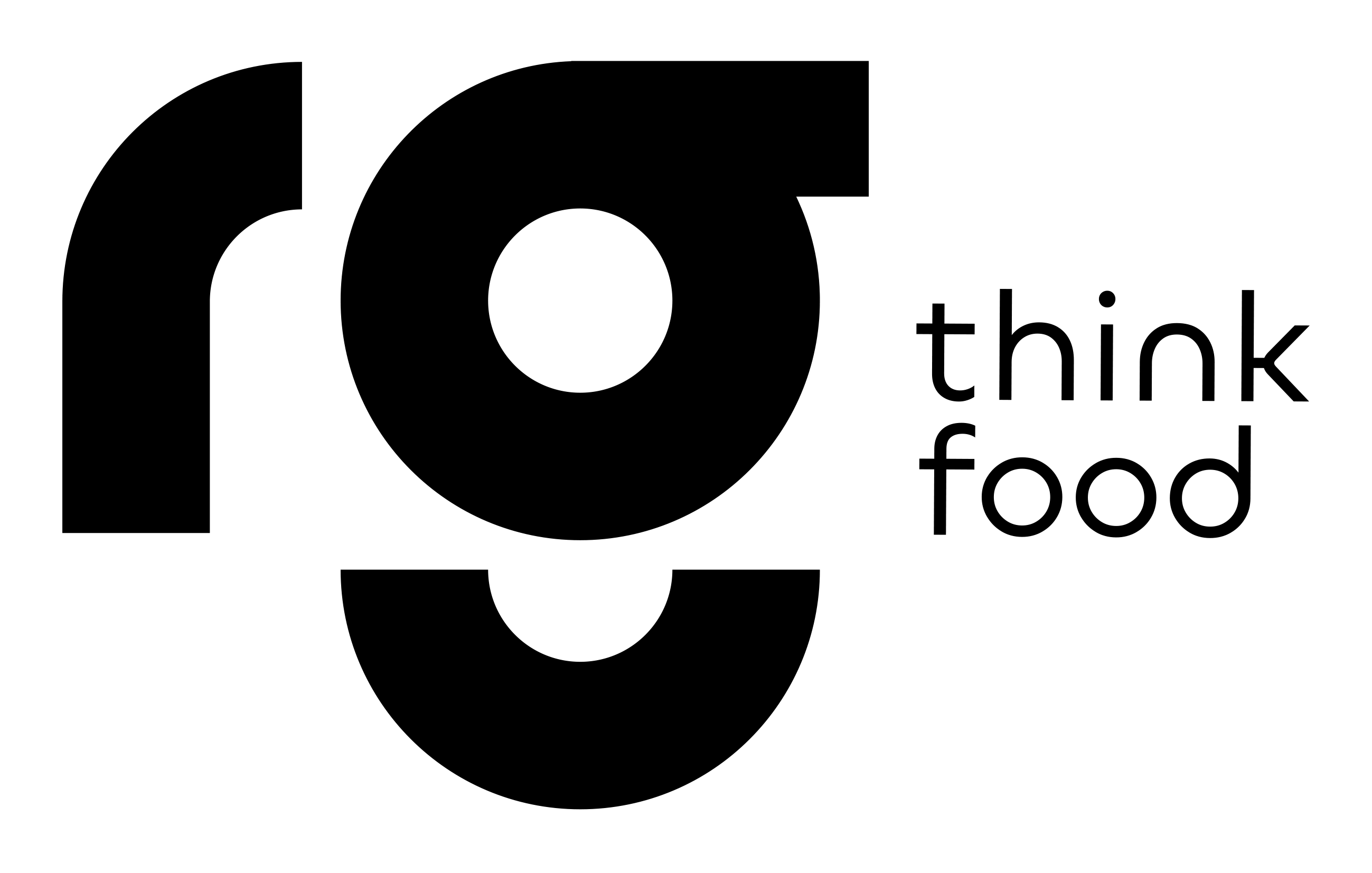

RG Think Food

São Paulo, Brazil
March 2025
Other professional, scientific & tech
Service with Significant Environmental Footprint
Brazil,
Israel,
Spain,
United States
Não é apenas pensar no alimento é pensar o alimento RG Think food somos food system: renovamos os caminhos através de inovação e estratégia; combinado com investimentos em novas soluções (start-ups); adicionando conexões entre as partes. RG Solution: ajudamos empresas de alimentos na estratégia e inovação para os principais desafios do negócio. Expandir o portfólio e a escalar os negócios, com uma visão estratégica deste mercado, o que acelera e transforma o desenvolvimento. RG Futures: pensamos futuros, no plural; porque o seu futuro é singular; no presente, usamos a nossa experiência para conectar a indústria às startups; investimos em negócios que querem transformar o futuro do food system. RG Hub: o hub é a nossa casa. com uma cozinha espetacular, inclusive, foi construído para concretizar o nosso conceito de conexão
Overall B Impact Score
Governance 18.9
Governance evaluates a company's overall mission, engagement around its social/environmental impact, ethics, and transparency. This section also evaluates the ability of a company to protect their mission and formally consider stakeholders in decision making through their corporate structure (e.g. benefit corporation) or corporate governing documents.
What is this? A company with an Impact Business Model is intentionally designed to create a specific positive outcome for one of its stakeholders - such as workers, community, environment, or customers.
Workers 26.1
Workers evaluates a company’s contributions to its employees’ financial security, health & safety, wellness, career development, and engagement & satisfaction. In addition, this section recognizes business models designed to benefit workers, such as companies that are at least 40% owned by non-executive employees and those that have workforce development programs to support individuals with barriers to employment.
Community 18.6
Community evaluates a company’s engagement with and impact on the communities in which it operates, hires from, and sources from. Topics include diversity, equity & inclusion, economic impact, civic engagement, charitable giving, and supply chain management. In addition, this section recognizes business models that are designed to address specific community-oriented problems, such as poverty alleviation through fair trade sourcing or distribution via microenterprises, producer cooperative models, locally focused economic development, and formal charitable giving commitments.
Environment 13.8
Environment evaluates a company’s overall environmental management practices as well as its impact on the air, climate, water, land, and biodiversity. This includes the direct impact of a company’s operations and, when applicable its supply chain and distribution channels. This section also recognizes companies with environmentally innovative production processes and those that sell products or services that have a positive environmental impact. Some examples might include products and services that create renewable energy, reduce consumption or waste, conserve land or wildlife, provide less toxic alternatives to the market, or educate people about environmental problems.
Customers 2.9
Customers evaluates a company’s stewardship of its customers through the quality of its products and services, ethical marketing, data privacy and security, and feedback channels. In addition, this section recognizes products or services that are designed to address a particular social problem for or through its customers, such as health or educational products, arts & media products, serving underserved customers/clients, and services that improve the social impact of other businesses or organizations.